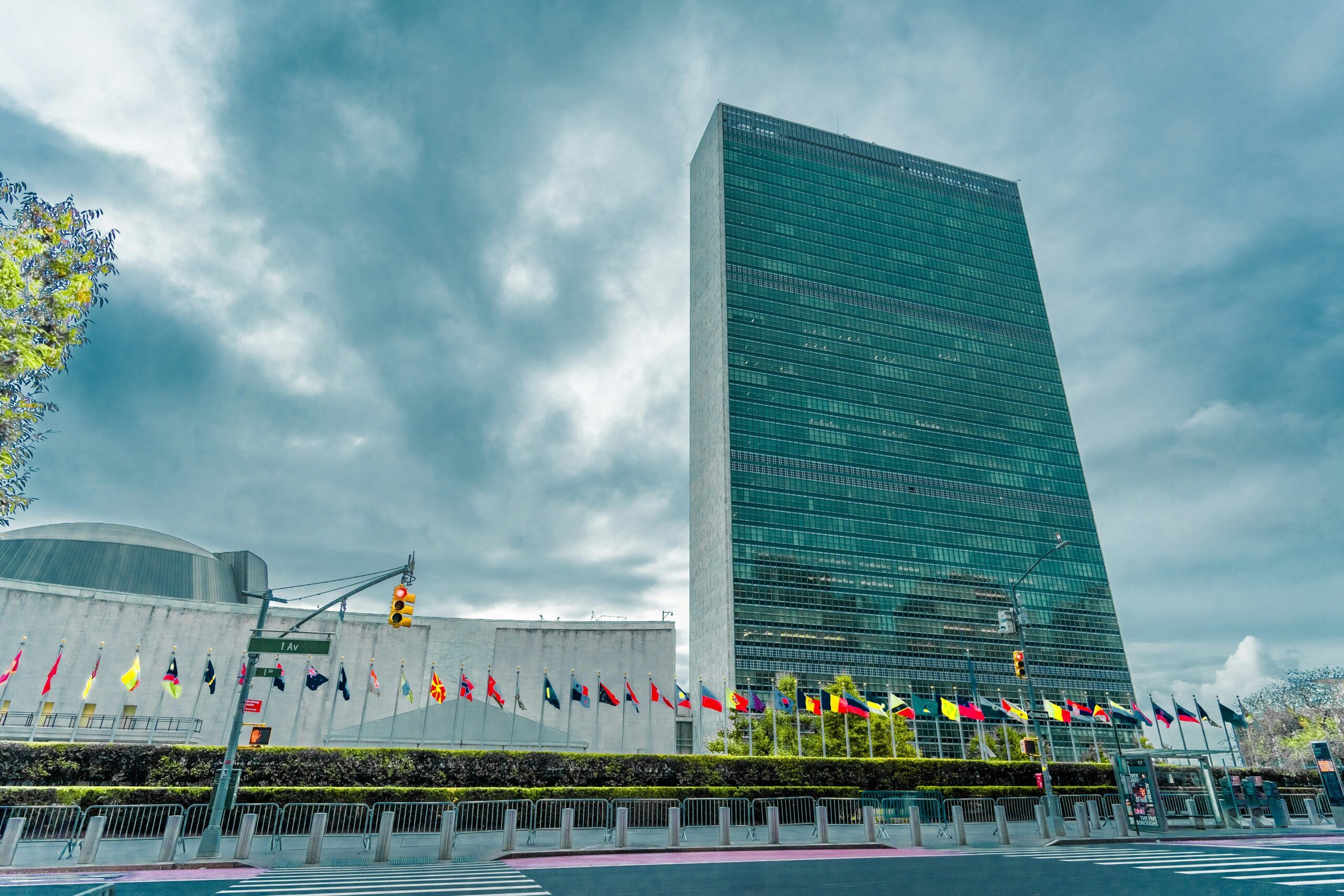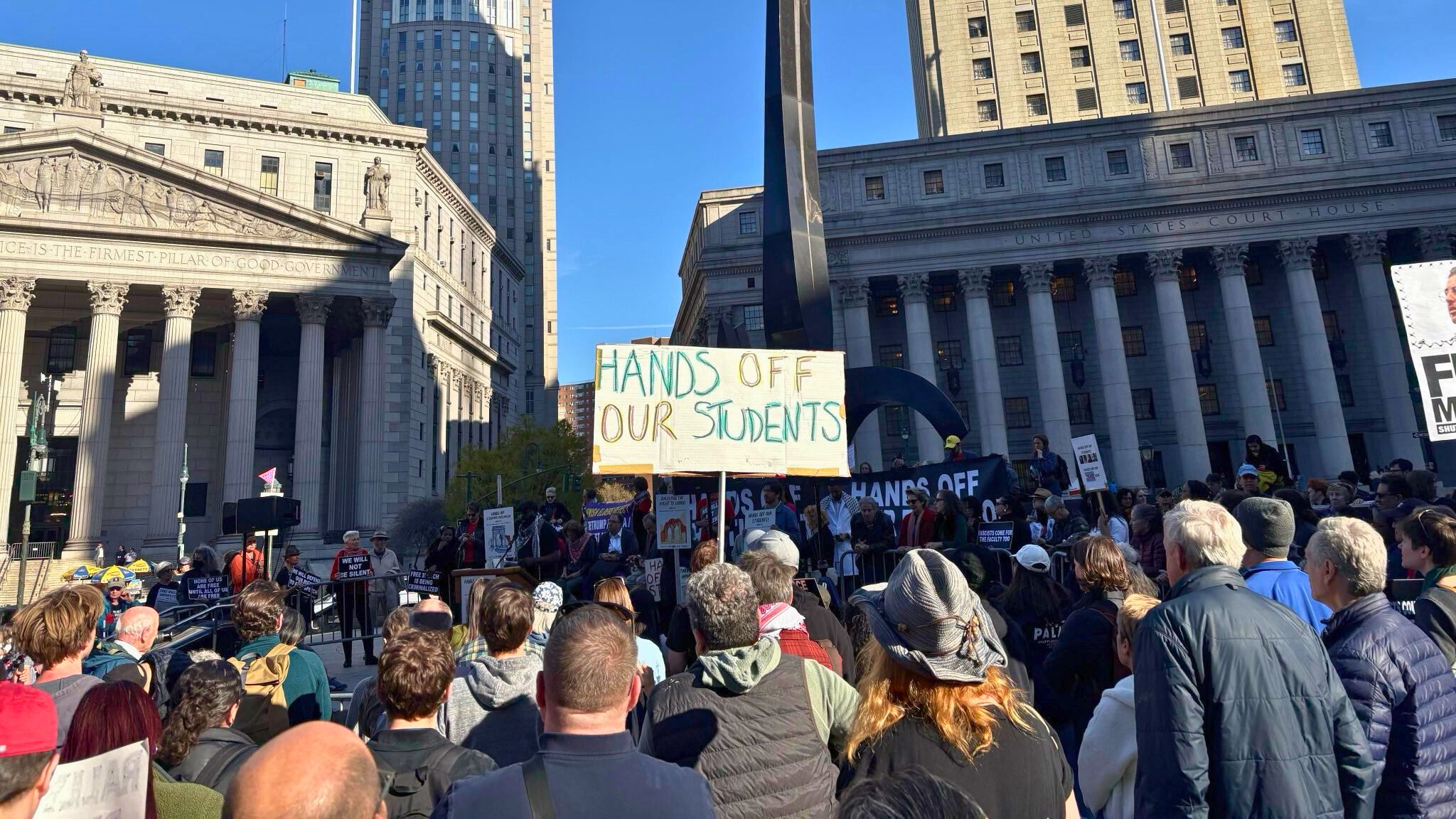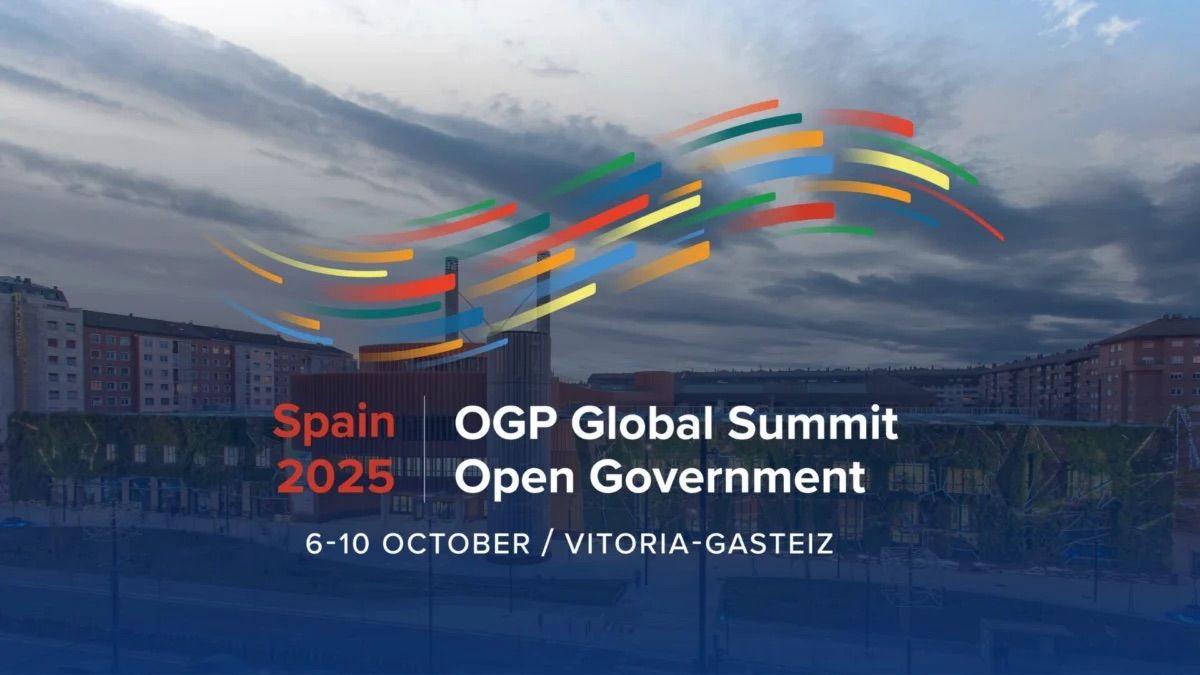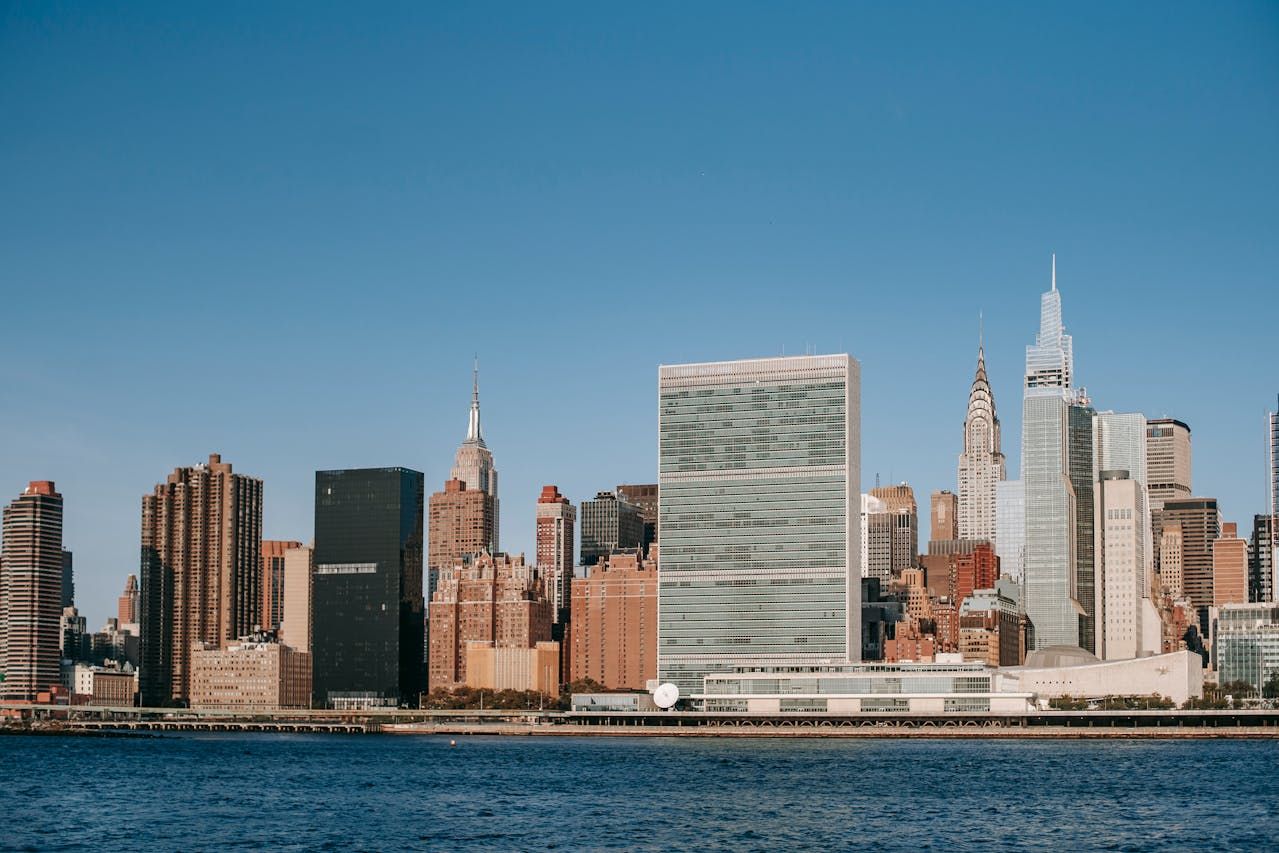Events
The Center on International Cooperation hosts numerous events such as high-level meetings, forums, roundtable discussions, webinars, dialogues, and more.
AI for Justice and Justice for AI: Expert Discussion on AI, Governance, and People-Centered Justice
This hybrid event will include two expert panels to discuss Justice for AI and AI for Justice to respond to these two gaps in discourse around AI, governance, and justice.
Date:
February 5, 2026Programs:
-
Justice
-
Justice Action Coalition
- Pathfinders

Navigating the Next Secretary-General Selection and Appointment Process: What You Need to Know to Engage
This event will not only to clarify the existing rules but also to serve as a practical platform for Member States to understand what avenues for engagement exist under the current framework.
Date:
December 2, 2025Programs:
Eastern Congo’s Protracted Crisis: Understanding the Political Roots of Conflict
This webinar aims to examine the current political and security dynamics in the eastern Democratic Republic of Congo, analyze the role of regional and international actors, and explore opportunities for mediation and sustainable peacebuilding in the region.
Date:
November 10, 2025Programs:


NYU Migration Network: Detention and Deportation Conference
Join us for a full-day conference exploring detention and deportation from multiple angles—past, present, and future. Through four panels with scholars, journalists, policy experts, and activists, we’ll examine how these practices shape U.S. politics and immigration policy, from the historical roots of detention to the latest technologies of enforcement, and the on-the-ground organizing happening in New York City today.
Date:
October 15, 2025World Bank Annual Meetings 2025
The 2025 Annual Meetings of the World Bank Group and the International Monetary Fund will take place from Monday, October 13 to Saturday, October 18.
Date:
October 13, 2025Programs:

2025 Open Government Partnership (OGP) Global Summit
The Summit will bring together more than 2,000 high-level representatives of governments, civil society leaders, and policy-makers from around the world to exchange experiences, best practices, and progress on open government initiatives and implementation on key issues.
Date:
October 7, 2025Programs:
Regional Alliances in Advancing People-Centered Justice in Africa + Ibero-America
Organized by Fordham and the NYU Law Schools, this event takes place during Session 2 of the International Access to Justice Forum 2025.
Date:
September 26, 2025Programs:
-
African Alliance for People-Centered Justice
-
Ibero-American Alliance
-
Justice
- Pathfinders

International Students in Limbo
International students studying in the United States have found themselves in the cross-hairs of many current federal policies and strategies. A majority of international students hail from Asian nations, the rate of those arriving from Sub-Saharan Africa is growing at the fastest rate, and Latinx students make up more than half of those who are undocumented and now increasingly being treated as international, despite having lived in the United States for many years. From travel bans to visa revocations, punitive measures against campus protests and cuts in federal funding of research, recent actions have made the position of all these students quite precarious.
Date:
September 25, 2025

UN General Assembly 2025
The 80th session of the UN General Assembly (UNGA) will take place from September 9, 2025 to September 28, 2025. As the United Nations marks its 80th year, global leaders will convene in New York City to build consensus and confront complex global challenges. Eight decades after its establishment, the UN remains the only place on Earth where countries can gather to work through their differences and find common ground — shaping our shared future.
Date:
September 9, 2025Programs:
-
Halving Global Violence
- Inequality and Exclusion
-
Justice
-
Justice Action Coalition
- Pathfinders

Breaking Barriers, Shaping Futures: Women’s Leadership in Diplomacy
On the road to the election of the next United Nations Secretary-General, this high-level panel will convene women diplomats, policymakers, and experts to explore the transformative role of women’s leadership in shaping multilateral diplomacy.
Date:
September 8, 2025HLPF 2025 Side Event: Reducing Violence to Promote Well-Being: Violence as a Public Health Crisis
This session will discuss the theoretical foundations and policy implications of taking a public health approach to reduce and prevent violence, and highlight initiatives that are effectively utilizing this model to increase well-being in our communities. It will consist of a roundtable discussion, preceded by opening remarks from high-level representatives of the co-hosting member states. The session will close with a Q&A segment.
Date:
July 17, 2025Programs:
-
Halving Global Violence
- Pathfinders
A conversation with Colombia’s Special Jurisdiction for Peace: Sharing experiences on transitional justice in Colombia
The panel's objective is to present the advancements of the Special Jurisdiction for Peace in Colombia and to facilitate a dialogue where attendees can address their questions and engage in meaningful discussions. This approach ensures a comprehensive understanding of the SJP's progress and fosters an interactive environment conducive to learning and exchange. By sharing insights and addressing inquiries, the panel aims to enhance transparency and promote informed conversations about the SJP's role and impact.
Date:
July 15, 2025HLPF 2025 Side Event—On the Road to Doha: From HLPF 2025 to the Second World Summit for Social Development
As the 2025 HLPF undertakes in-depth reviews of SDGs 3 (health and well-being), 8 (decent work and economic growth), and 17 (partnerships for the Goals), the high-level side event will explore how these reviews can help shape the ambition and substance of the upcoming Second World Summit for Social Development (WSSD2), to be held in Doha 4-6 November 2025. The high-level side event will serve as a critical bridge between global review and renewed commitment—highlighting the interlinkages between health, employment, and partnerships in advancing inclusive development, social justice, and SDG implementation.
Date:
July 15, 2025Stay Connected
Subscribe to our newsletter and receive regular updates on our latest events, analysis, and resources.
"*" indicates required fields